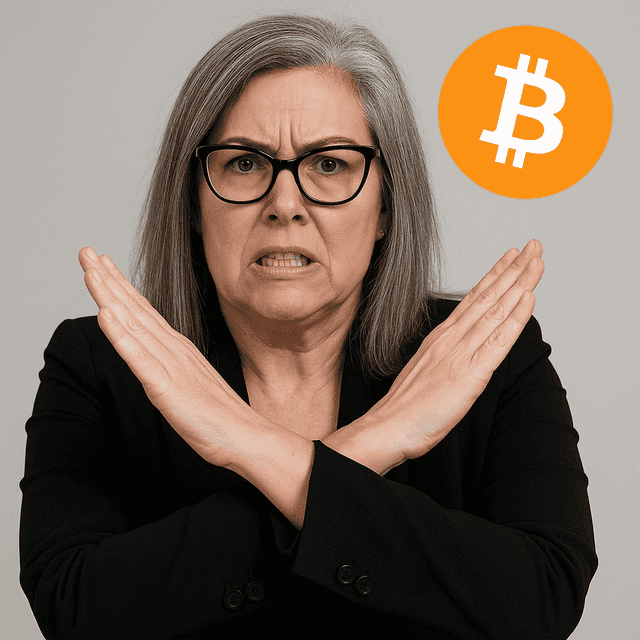2025-05-03 07:15
BLOCKMEDIA
!["Seoul Apartment Prices Soar for 13th Week: How Long Will the Surge Continue? [Unusual Housing Trends]①"](/_next/image?url=https%3A%2F%2Fwww.blockmedia.co.kr%2Fwp-content%2Fuploads%2F2025%2F05%2F%25EC%2595%2584%25ED%258C%258C%25ED%258A%25B8-%25EB%2589%25B4%25EC%258B%259C%25EC%258A%25A4.jpg%3Fformat%3Dwebp%26width%3D600&w=1200&q=70)
Image source: Block Media
# Seoul's Apartment Prices Surge Amid Regulatory Efforts
The continuous rise in apartment prices in Seoul shows no signs of abating. Despite city authorities expanding land transaction permit zones, which significantly reduced transaction volumes, Seoul apartment prices have now increased for 13 consecutive weeks. This upward trend spans across all 23 districts, including the strictly regulated "Gangnam 3" districts (Gangnam, Seocho, Songpa) and Yongsan.
This surge is driven by concerns over housing supply shortages, coupled with expectations of potential interest rate cuts and further price hikes. Market analysts project that Seoul apartment prices will keep rising in the long term.
# Weekly Apartment Price Data
According to the Korea Real Estate Board, Seoul’s weekly apartment sale price index rose by 0.09% in the fourth week of April, a slight increase from 0.08% the previous week.
Regionally, Gangnam District led with a 0.19% increase, driven by demand in Daechi and Apgujeong-dong. Seocho District saw a 0.18% rise, centered on Banpo and Jamwon-dong complexes. Songpa District also experienced a 0.18% increase, influenced by interest in Jamsil and Sincheon-dong. Yangcheon District reported a 0.14% gain, primarily in Mok and Sinjeong-dong. In Gangdong, prices rose by 0.11%, with large complexes in Godeok and Sangil-dong leading the surge.
Other notable increases include Mapo District (up 0.17%), buoyed by neighborhoods like Yeomri and Ahyeon-dong; Seongdong District (up 0.16%), centered on Seongsu and Geumho-dong; Yongsan District (up 0.15%), driven by demand in Ichon and Hannam-dong; and Gwangjin District (up 0.09%), focused on complexes in Guui and Jayang-dong. Jongno District ended the week with a 0.07% rise, led by Hongpa and Changsin-dong.
A representative from the Korea Real Estate Board noted, “Asking prices for key redevelopment complexes have risen, with sales executed at higher values. However, some areas and complexes still see buyer caution, even as Seoul's overall upward trend continues.”
# Record-High Transactions in Gangnam
Several apartment complexes in Gangnam districts have recorded all-time high transactions recently. According to the Ministry of Land, Infrastructure, and Transport’s real transaction price disclosure system, a unit in "Raemian One Bailey" (84 square meters) in Seocho’s Banpo-dong sold for KRW 7 billion ($5.3 million) on March 3, setting a new record. This marked the first time a standard-sized apartment (84 square meters) exceeded KRW 2 billion per 3.3 square meters in sales value.
In February, a unit in "Jamsil Els" (84 square meters) in Songpa’s Jamsil-dong was sold for KRW 2.88 billion, up KRW 220 million from the previous transaction. Meanwhile, "Raemian Daechi Palace" (84 square meters) in Gangnam’s Daechi-dong sold for KRW 4 billion just a day after being removed from the land transaction permit zone, marking another record-breaking price. Analysts attribute these price surges to the market’s limited housing supply and strong demand.
# Deepening Supply Concerns
Concerns over a looming housing supply shortage are intensifying. Data from Real Estate R114 indicates that Seoul will face significant supply constraints next year, with only 9,640 units expected to be delivered—just 25% of the 37,681 units projected for this year.
Experts emphasize the urgent need to address this supply issue. Kwon Dae-jung, a professor at the Graduate School of Real Estate Science at Sogang University, stressed, “Urban areas lack the land needed for new housing supply, making redevelopment of outdated and substandard housing essential to expand stock.” Kwon added, “Relaxing regulations on urban redevelopment and reconstruction projects is necessary to facilitate additional housing supply.”
Kwon also warned of potential downstream impacts from sustained supply constraints. “If new housing supply fails to materialize, rental and lease prices will rise, ultimately driving further increases in apartment sale prices. Policymakers must aggressively pursue housing supply expansion strategies,” he concluded.
# Conclusion
Amid constrained housing supply and robust demand, Seoul’s apartment prices appear set to continue their upward trajectory. Market participants and policymakers are calling for proactive measures to address supply challenges and stabilize the housing market. Without decisive action, the capital’s housing market could face increasing pressure in the months ahead.
View original content to download multimedia: https://www.blockmedia.co.kr/archives/901161




